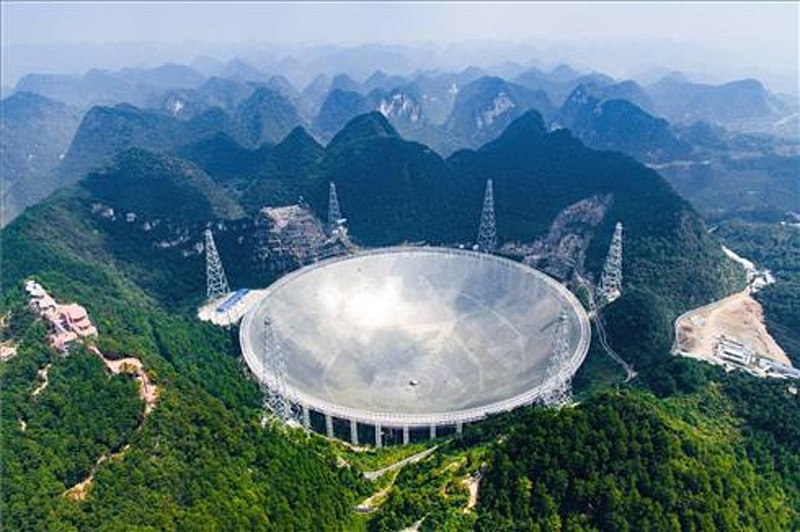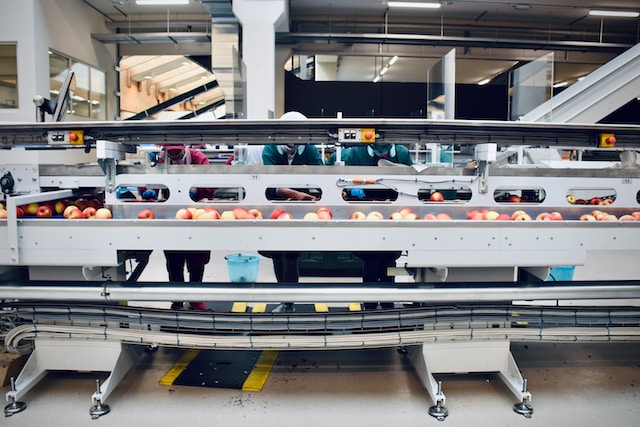China has a lot of land area. But with its huge population, overcrowding is still a big problem, much as it is in Japan. For this reason, both countries have turned to the idea of offshore floating cities and platforms to help relieve pressure and offer an alternative to traditional urban living, building new airports, and more.
China construction firm CCCC-FHDI, currently at work on the Hong Kong, Zhuhai, Macau bridge, has been tapped by AT Design to build a four square-mile (10.4 sq. km) floating island, which will be the world’s first floating city. AT Design envisions creating a prototype city that can be used around the world to meet the long-term needs of humanity for habitable living space.
Tessellating Hexagonal Modules
The design will utilize prefabricated hexagonal modules that will “tessellate” or move together as one plane, but in a flexible manner. CCCC is currently using this technology to build parts of the Hong Kong, Zhuhai, Macau bridge that will connect Hong Kong with the western edge of the Pearl River Delta.
The China Transport Investment Company has not yet determined the location and time frame for the project but is considering a small-scale version to be built in 2015, possibly near Hong Kong.
Design of World’s First Floating City
According to Slavomir Siska, a designer of the project, the island would be accessed via underwater tunnels. Living spaces in the floating city would potentially house thousands and provide typical urban services, facilities, transportation, and gardens. The floating city, or ocean metropolis, would also be a tourist destination with hotels, offices, retail space, museums, and more.
IndustryTap has reported on architect Vincent Callebaut’s “Lillypad” concept which envisions providing offshore floating cities to house climate change refugees.
Related IndustryTap articles:
- $6 Billion Floating City “Freedom” to Dwarf World’s Largest Ships Ever Built
- Floating Nuclear Power Plants Could Save Us from Meltdowns
- For Sale: Eco-Friendly Home in a Solar-Powered Floating Village
- Hull Floated for World’s Largest Natural Gas Floating Facility and First Ocean-Based LNG Plant
- Space Age Floating Lillypad Cities Inspired By Natural Disasters
- The World’s Largest Floating Airport, Tokyo Bay’s Megafloat
- Solar Powered Floating Homes
- Self Sufficient Sea City of the Future
- New Yacht Creates a Mini Monaco on the Ship’s Deck
- Sea Snakes Convert Wave Energy into Power
References and related links:







